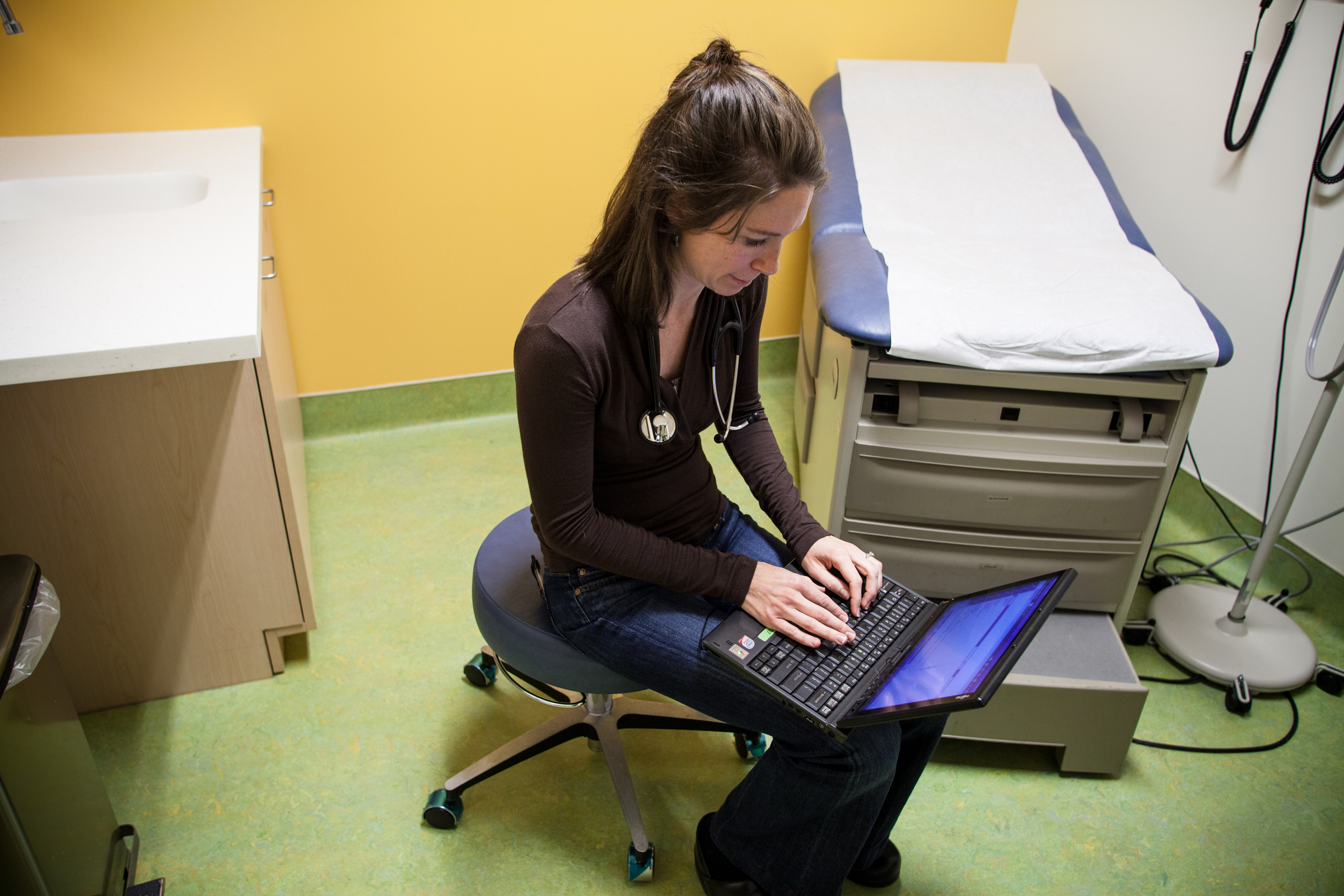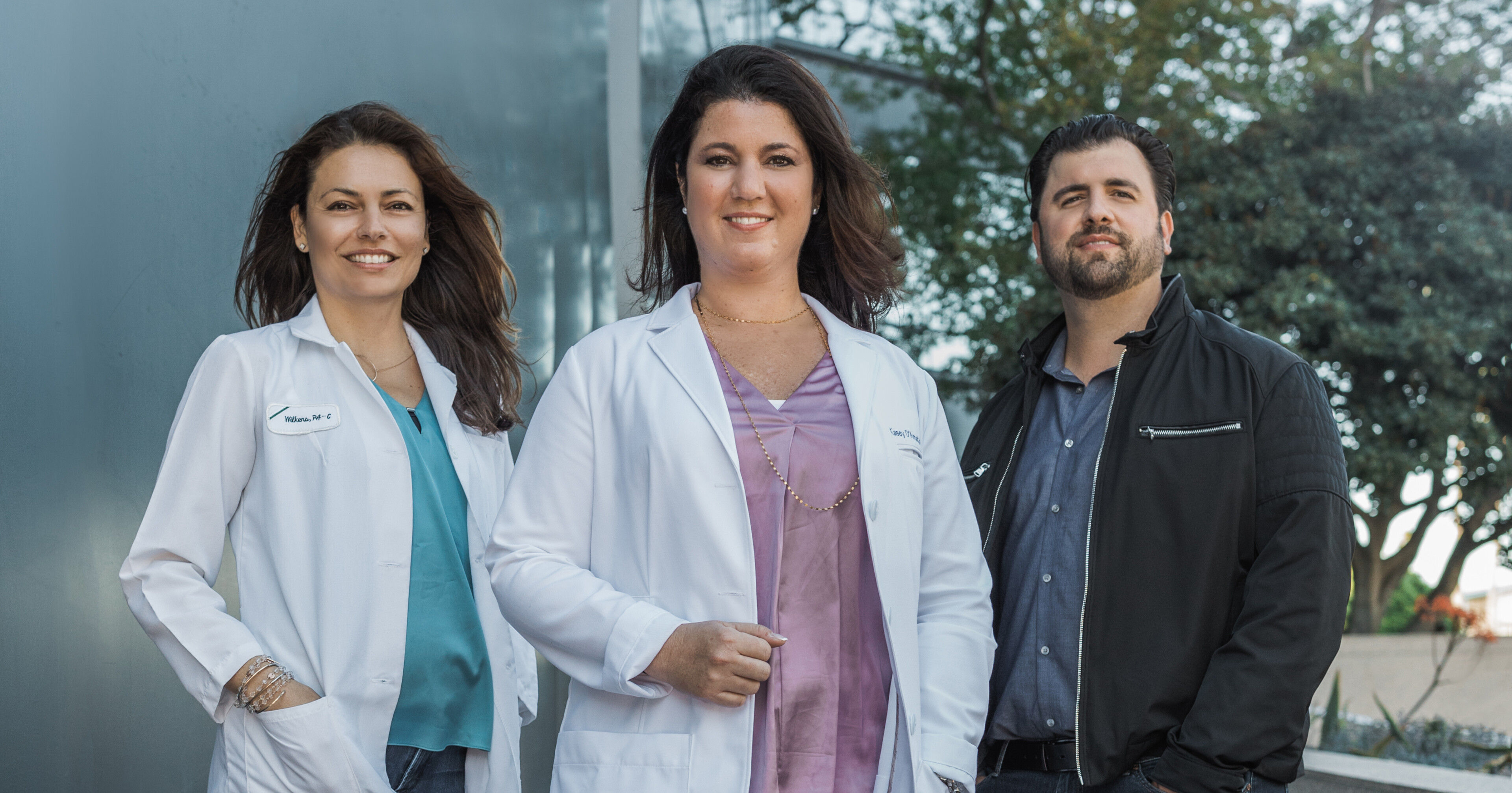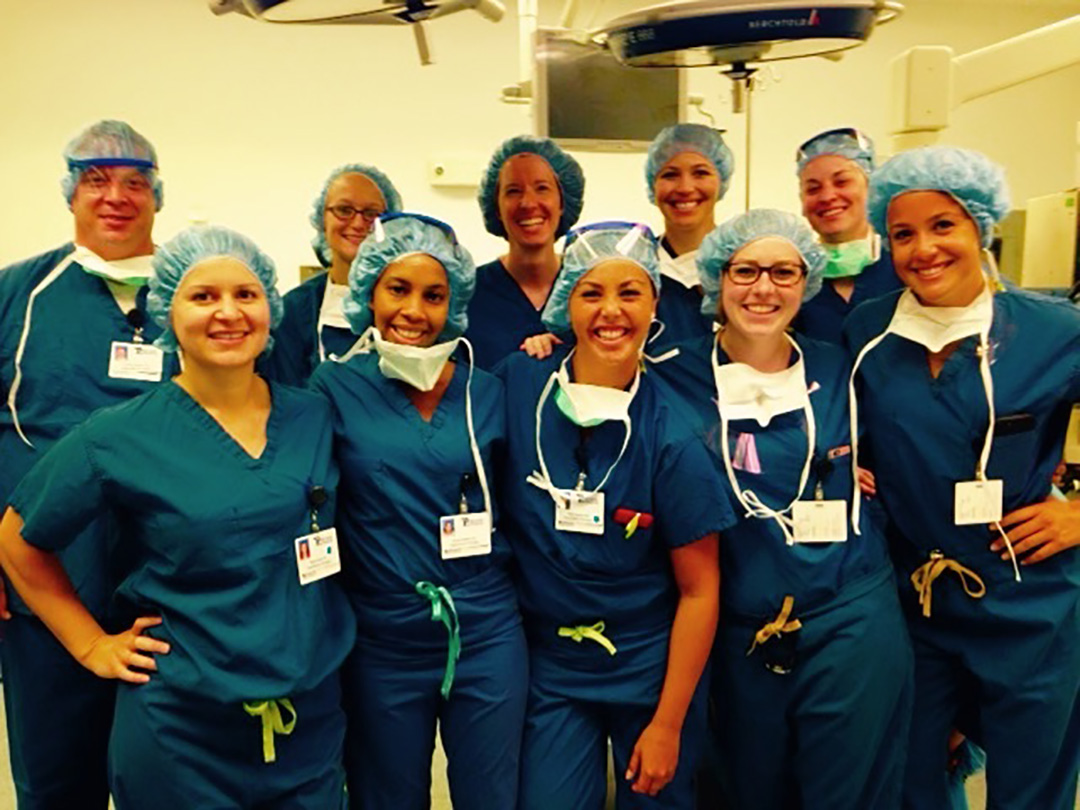Career Resources
Accepted: The Secrets to a Successful PA School Application
In this one-hour webinar, learn what it takes to get into PA school and how to make yourself a more competitive applicant.

Hate the Time Spent on EHRs? You’re Not Alone
Despite the promised efficiency of using EHR systems, more than one in four PAs spend at least two hours per day, outside of office hours, documenting clinical care in their EHR system. Here is the good and bad news about EHRs.

PA Entrepreneur Develops Popular Skincare Line
Kasey Drapeau D’Amato, a PA in dermatology, used her clinical skills to build a skincare business. Read how D’Amato became an entrepreneur and started Airelle Skincare. She also shares her skincare secrets and advice for PAs who want to start a business.
Which PA School is For You? 5 Factors to Consider
With over 200 accredited PA programs throughout the country, how do you decide which one is right for you? Here, five important factors to consider.
The Balancing Act
Having the right work-life balance can reduce stress for medical professionals as well as increase on-the-job focus, resulting in high job satisfaction and career success, healthier patients—and a healthier provider. However, maintaining that balance can be more daunting than ever before for those in healthcare.
5 Things to Do Before PA School
While it’s no secret that getting through PA school is one of the most difficult tasks you’ll ever accomplish, there are a few things you can do to ensure that you pass with flying colors.

Day in the Life of a Cardiology PA
Cardiology PA Michael G. Clark is part of a large cardiology practice near Fort Worth, Texas. He describes a day in his busy practice in clinic and at the hospital, and discusses how the practice has changed.
Advice for New Grads: Choosing Your Specialty
PA Verdale Benson knows that PA career flexibility is both a blessing a burden. His advice to new grads who are trying to choose a specialty: pursue your passion and maximize your career-growth potential.
New Year’s Resolution: New PA Job
Sometimes resolutions are about bettering ourselves professionally. January is a great time to reflect on your PA practice, spend some time updating your professional documents, and strategizing your next career move.

A Day in the Life of a PA Surgical Resident
PA Kimberly Mackey says choosing to complete the Norwalk/Yale post-graduate residency program is by far the best thing she has done for her career. She was exposed to surgical sub-specialties including trauma and had daily first-assistant opportunities in the operating room.
Accrue Healthcare Experience and Patient Care Experience Before Applying to PA School
Accruing Healthcare Experience (HCE) and Patient Care Experience (PCE) hours is one of the most time-intensive aspects of applying to PA school. Here are recommendations to obtain these patient-related work hours.
PA School Application Checklist and Timeline
This quick checklist and timeline will provide some structure when preparing your application for CASPA. Use this guide to prevent potentially costly mistakes and delays in submitting your application.
5 Tips for Surviving Your Clinical Rotations
Program directors share collected wisdom to ensure you make it through your clinical phase, plus student resources to help you along the way.
Three Steps to Making a Non-Clinical Career Move
The PA profession offers unique latitude and flexible employment opportunities across the medical spectrum. For those PAs interested in non-clinical career options, Jennifer Hohman, founder of PA Career Coach, offers tips and ideas for your next steps.
What It’s Really Like to be a PA in Hospital Medicine
Hospitals are one of PAs’ largest employer groups, and hospital medicine is an ever-changing practice setting. Learn about one hospital internal medicine PA’s daily routine.